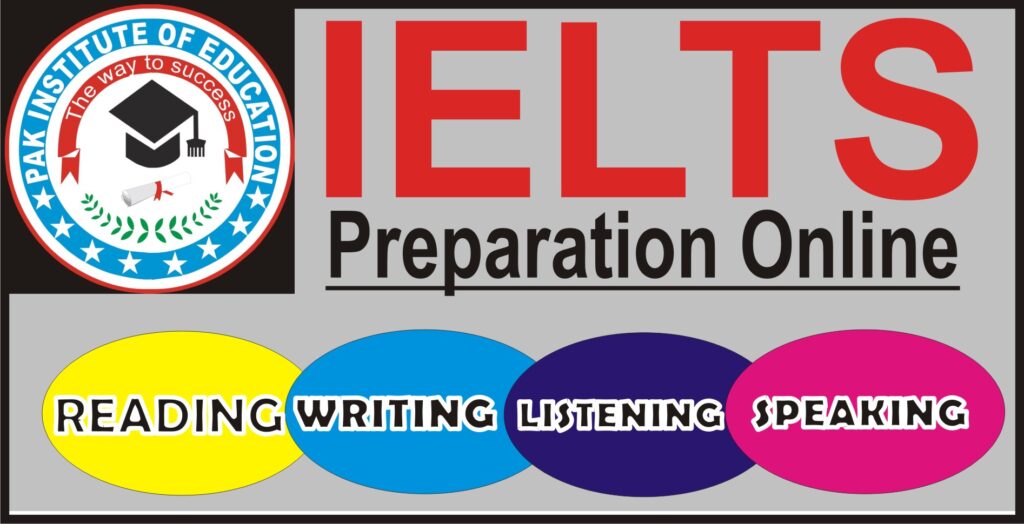
IELTS Sleeping On The Job
Sleeping On The Job
North Americans are a group who do not take naps. Generally, Afternoon naps denote
inefficiency and laziness. Latin American and some European cultures have a similar
perspective. Taking naps during noon and 4:00 p.m. is common in nearby companies of
Mexico and Greece. Recent research suggests that 15 – 30 minutes rest at work in the
evening will serve employees to be more conscious, energetic and happier in what they are
doing. They also become optimistic and carry the task more confidently. Still, napping on the
work has not become normalised. In the academic world, there is a serious debate
happening on the topic of “power napping” benefits.
Some data reports that by estimating the standard of eight hours of sleep per night, the
average American has 500 hours of sleep debt or sleep deficit. The National Sleep
Foundation in America conducted a survey in which it is found that two out of every three
Americans have less than 7 hours of sleep per night during the business week. 40 percent of
people claim that fatigue disturbs their everyday lives. Exhaustion is considered as a major
issue in contemporary culture by William Anthony, a professor of psychiatry at Boston
University. He claims that after drunkenness, sleeping is the leading cause of car crashes.
Professor Anthony says that “We have a clear message”.Citizens should be allowed to sleep
after their breaks. It is reasoned based on productivity. They will not be efficient if they are
tired and asleep on the job.
Majorly for safety reasons, most employers motivate employees to sleep at work. The
Metropolitan Transportation Authority, which runs both the New York subway system and the
two commuter railroads, is permitting its bus and train technicians to take power sleep. One
more railway starts to allow its train drivers to sleep about 45 minutes, during which trains
are delayed when specified off-main-line locations and when emergency responders have
been alerted. Some international airlines permit airline pilots to sleep in the cockpit, when
they are not on service. United States’ airline companies still have not agreed to this
procedure.
According to the Encyclopedia of Sleep and Dreaming, taking naps in mid afternoon is
regarded as a biologically-based inclination and so the habit of sleeping at night is formed. If
the required sleep limit is disrupted or disturbed for some reason, a nap acts as an
adjustment. Additionally, it could reduce sleepiness and boost metabolism. Many
experiments suggest that the nap zone occurs between midday and 3:00 p.m. To solve this
problem, several people use caffeine or sugar. But, the employer’s mood and efficiency will
improve, if they are permitted to take naps.
Workers could have the ability to focus better and complete assignments without taking a
single day out. Still, Workers take naps without authorization, though some businesses
started to implement the naps for employees to increase productivity. One of the US
companies is constructing a 2,000 square foot building for nap which can be filled upto 20 of
its employees at any given time. Even a Japanese firm in their corporate offices, sets up
tents and gives eyeshades and earplugs and permits workers to take naps during the
workday. According to Professor Anthony, napping will not be one of the operational
activities. It will have a great influence on productivity. Smart managers identified that
workers need rest in order to perform well in their work.
There is also a belief that company naptime is just a way to keep employees to work for
longer periods of time. On the other side, nap days come so frequently as work hours
become more flexible for certain employees. Office hours are being there till employees
awake. About 11 million Americans are teleworking and forty million spending bonus full or
part time. Production hours are also increasing which takes their toll. As a consequence,
Americans sleep little and work more hours. By understanding this, companies arrange quick
naps for employees in the middle of the day for the benefit of the companies.
Sleeping On The Job IELTS Reading Questions
Questions 1 – 5
Do the following statements agree with the information given in the Reading Passage?
Write
● YES if the statement agrees with the claims of the writer in the passage
● NO, if the statement contradicts the claims of the writer in the passage
● NOT GIVEN if it is impossible to say what the writer thinks about this
- Recent research says that power napping does not have any impact on employees.
- Americans have a sleep debt of 500 hours.
- Employers motivate employees to take naps for safety reasons.
- One US company builts 2,000 square foot building for play.
- Power nap will increase the age.
Questions 6 – 10
Complete the summary below.
Write NO MORE THAN TWO WORDS from the passage for each answer.
Sleeping and Productivity
● Citizens should be allowed to sleep after their 6_____ which will increase their
productivity.
● Employees mood and 7_____ will improved if they are allowed to take 8____
● A nap can reduce sleepiness and boost 9_____
● Smart managers recognized that workers need 10_____ in order to perform better in
their work
Questions 11 – 13
Complete the summary below.
Write NO MORE THAN TWO WORDS AND/ OR A NUMBER from the passage for each
answer.
According to the Encyclopedia of Sleep and Dreaming, midafternoon nap is considered to be
a 11______ inclination. If sleep time is disturbed for some reason, nap acts as a 12______.
It could reduce their 13_______ and boost their metabolism.
